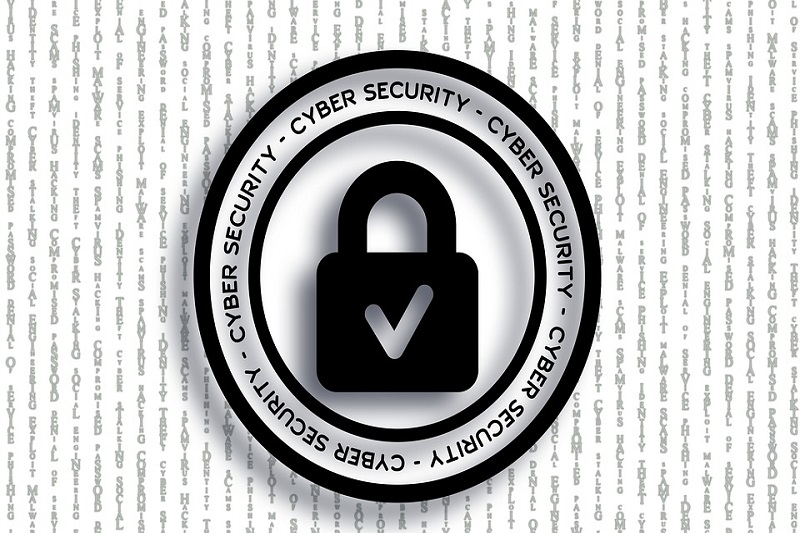
Deakin University will reportedly be the first university in Australia to offer a fully accredited cybersecurity qualification, under Australia’s first cybersecurity course accreditation scheme.
The Australian Computer Society (ACS) is the only body in Australia with the power to accredit IT courses and it has recently added cybersecurity to its accreditations.
Background
According to a recent press release, cybersecurity courses are currently offered at many universities and other educational institutions across Australia.
But none of these courses have been accredited by an external and independent body, until now.
ACS accreditation means that universities and other institutions offering cybersecurity courses will have to meet a series of accreditation standards set by the ACS.
These standards were developed in consultation with government and industry.
The University’s School of Information Technology has been offering a Bachelor and a Master in Cyber Security over the past three years.
However, the new accreditation elevates the rigour and status of the courses significantly, with Deakin achieving stringent accreditation standards.
About the Accreditation
Professor Karen Hapgood, Deakin’s Executive Dean of Science Engineering and Built Environment, explained that the University’s new cybersecurity accreditation demonstrated the high quality and academic integrity of its cybersecurity courses.
The University is proud to be able to offer students a fully accredited cybersecurity course that will be recognised industry-wide and overseas.
As cybersecurity becomes more important to the national and global security than ever before, it is vital that students can take comfort that they are being taught at the highest possible level.
ACS President Yohan Ramasundara shared that ACS has long been recognised as the accrediting body for technology-related degrees and post-graduate qualifications related to initial professional practice.
With the growing need for expertise in cybersecurity for the evolving and growing digital economy, introducing recognition for specialist cybersecurity qualifications and expertise was imperative.
Around 500 students study a Bachelor or Master of Cyber Security at the University each year, with an average annual intake of 150 students.
Digital Identity Service
In other news, the University has partnered with Mastercard to test a prototype digital identity service that aims to verify a person’s identity immediately, safely and securely.
Chief Digital Officer for Deakin University, William Confalonieri, shared that the world-first pilot was recently conducted with student volunteers in a confidential environment.
They simulated an identity-checking process for student registration and digital exams at the Burwood and Geelong campuses in Victoria.
The trial aligns with the institution’s digital-first strategy to improve the user experience.
This phase one pilot for a digital identity service is one of several initiatives that the university is exploring to improve digital identity procedures and enhance student experiences.
The pilot program tests a new way for people to prove their identity without having to carry multiple documents. Instead, the model allows the data to sit with its rightful owner, which is the user.
It will activate a distributed model that blends information stored on an individual’s mobile device and verified by additional reference points, such as an individual’s bank or participating government agencies. It eliminates the need for a centralised identity database.
















